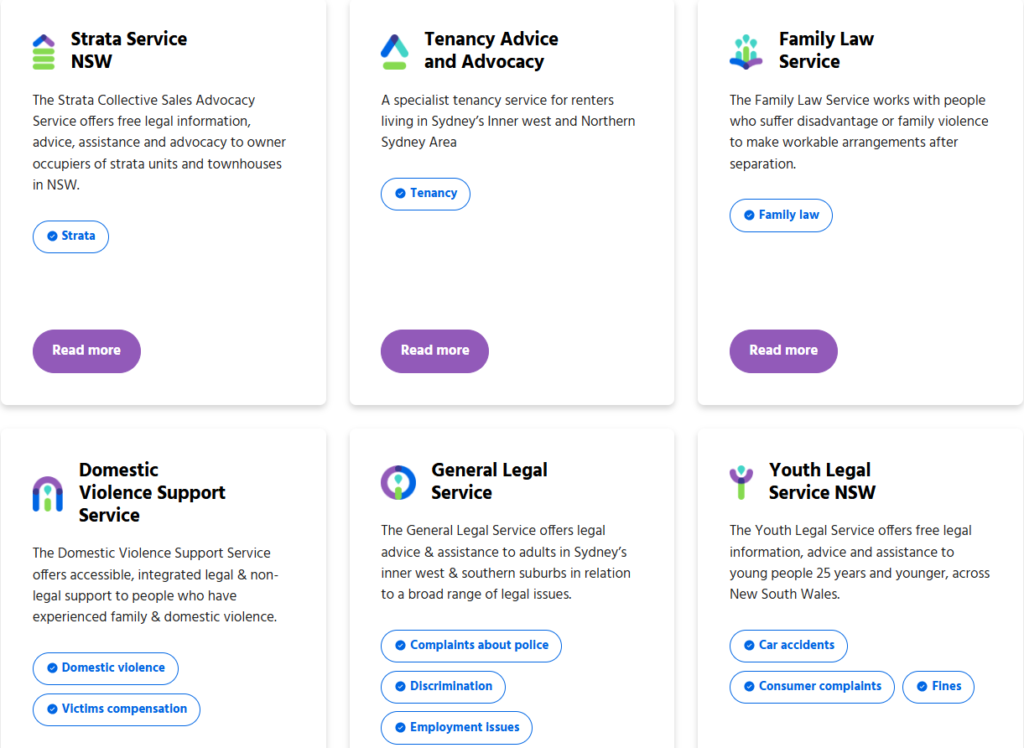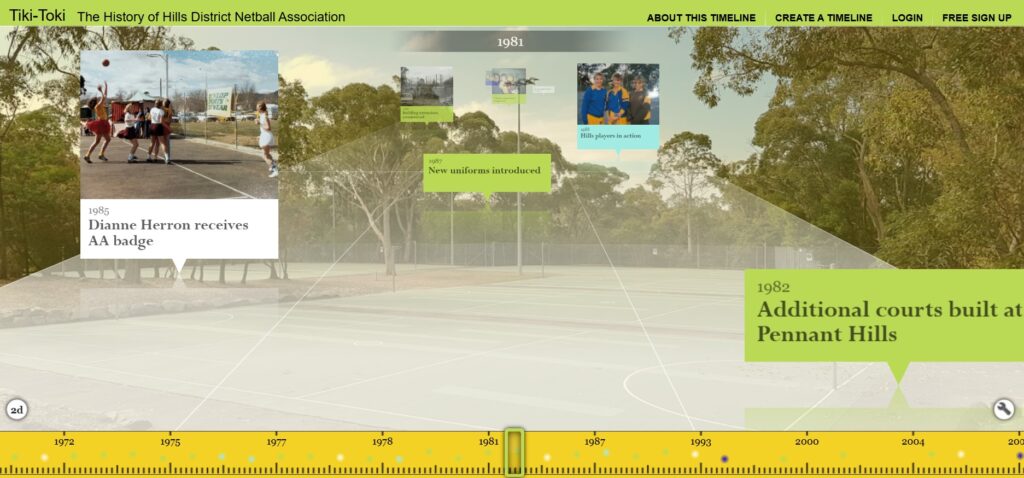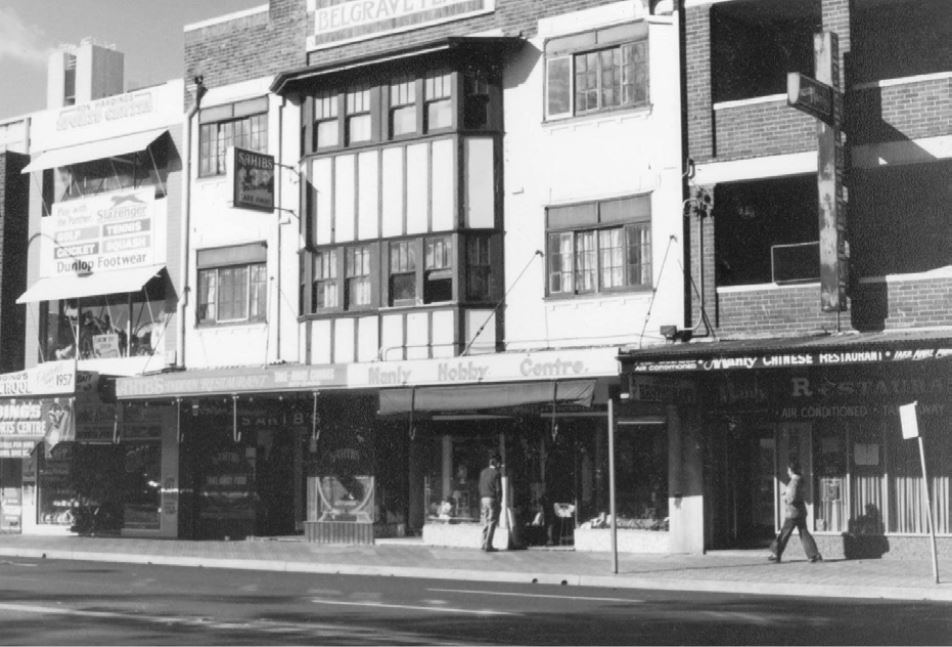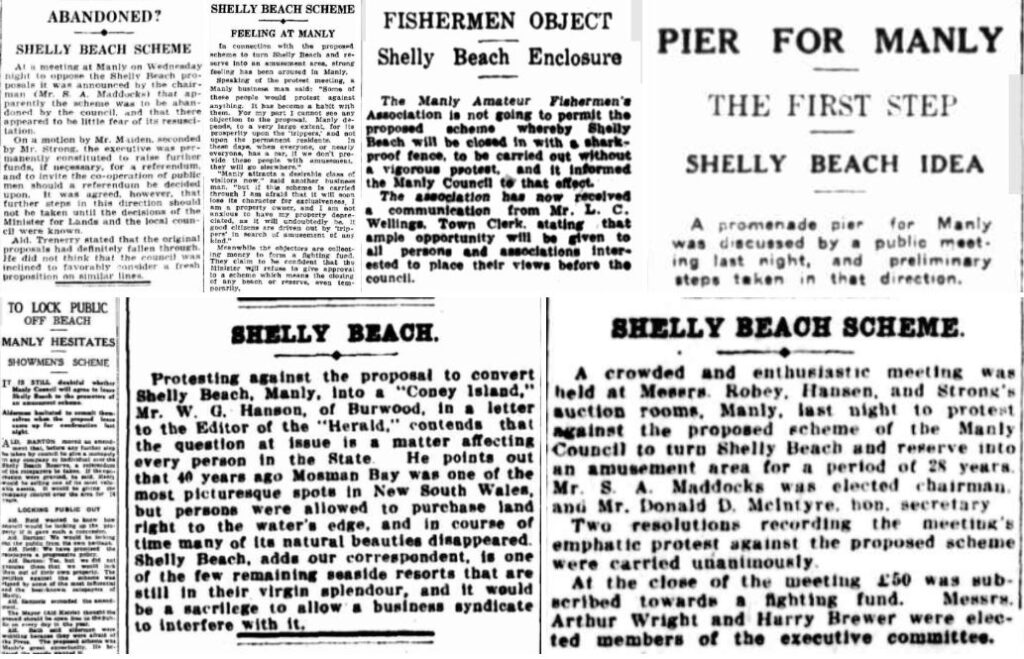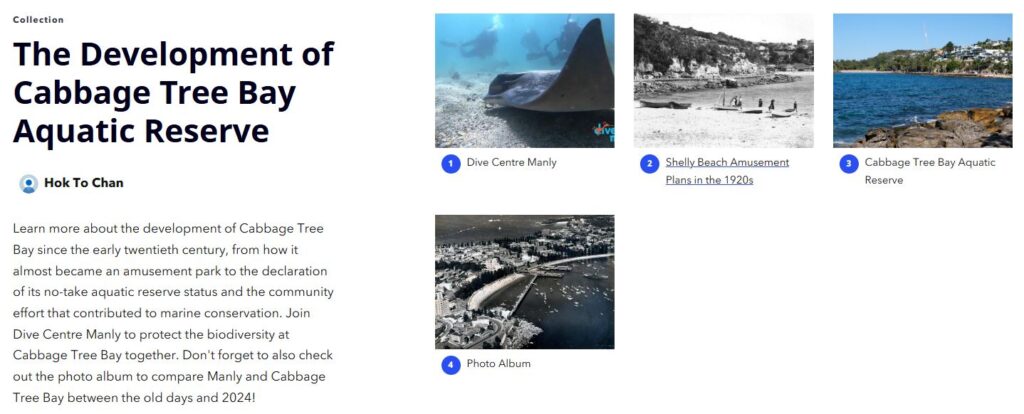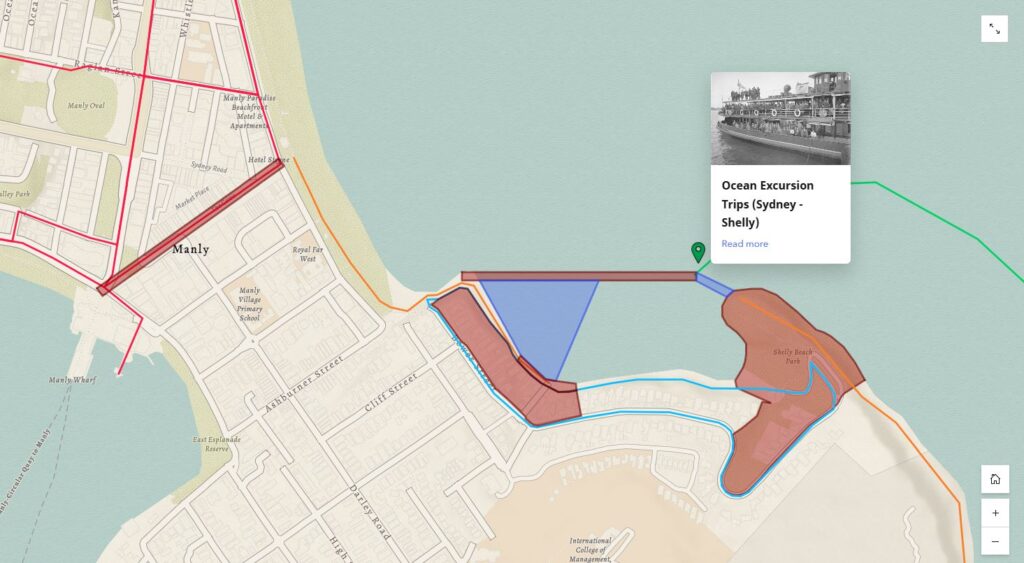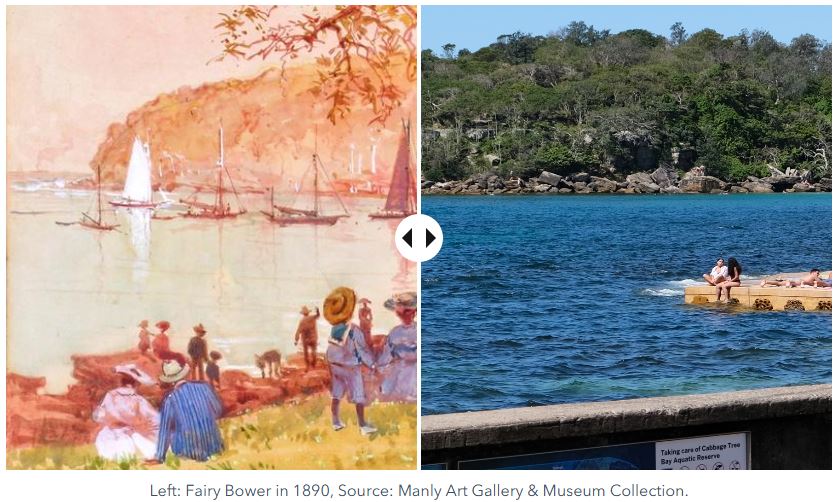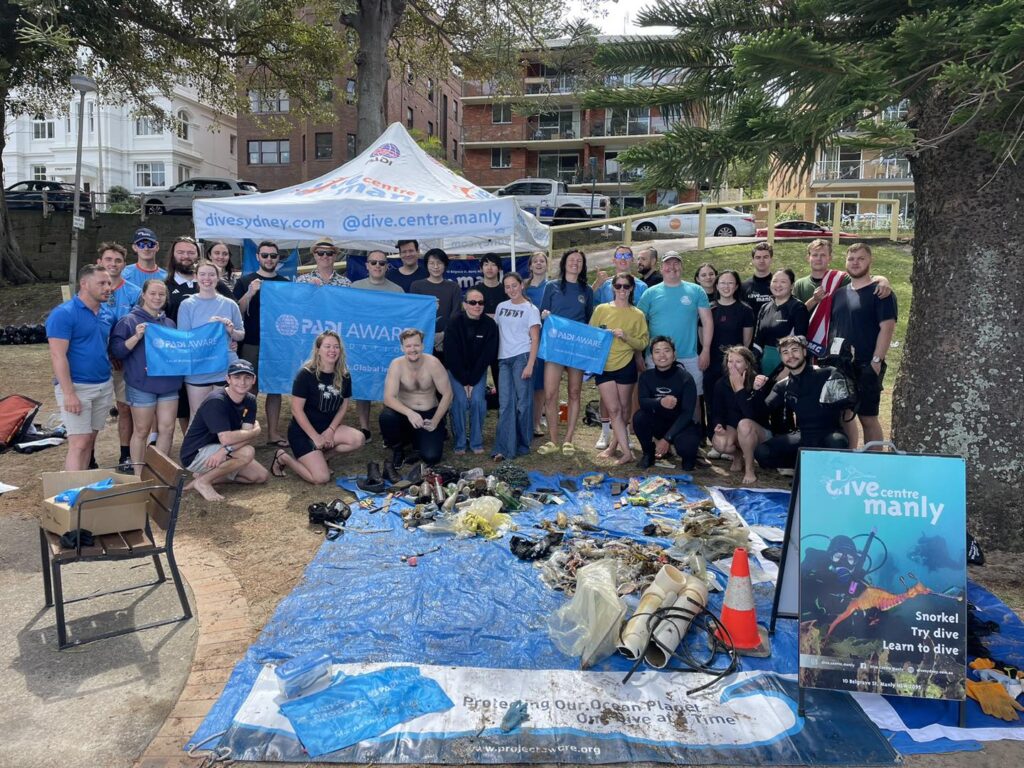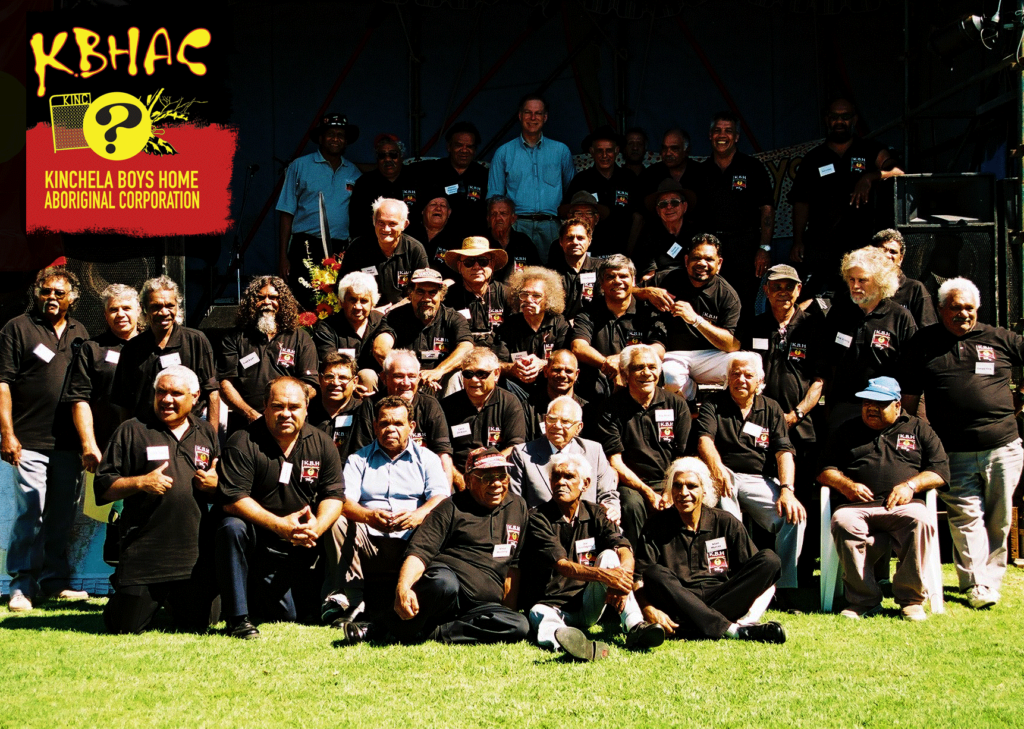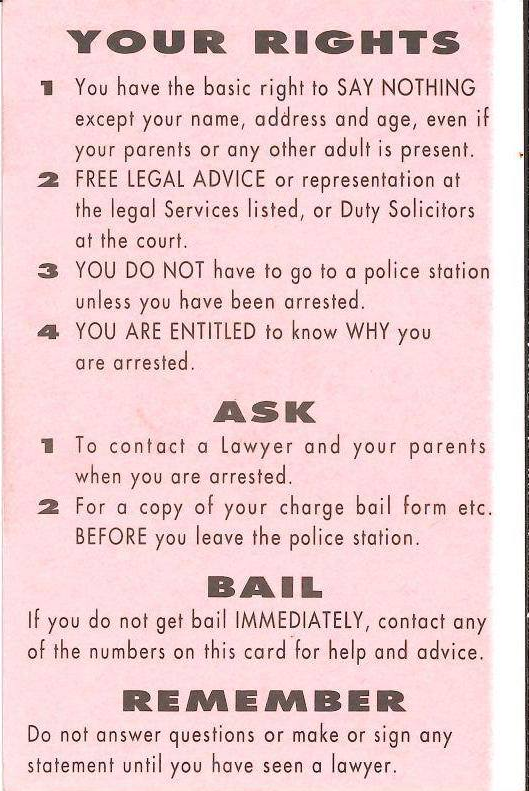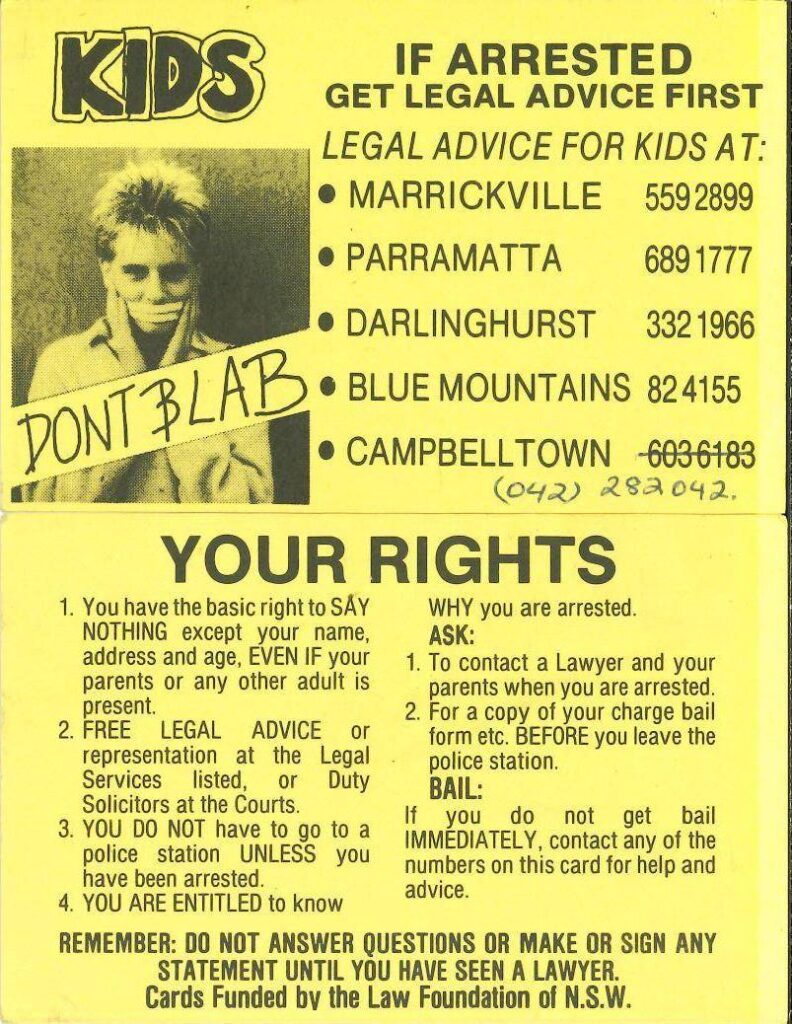Project Link: https://www.youtube.com/watch?v=O7KB-S-_Tpo
Originality: The project we’ve done focuses on the people who have been helped by MLC. And we focused on helping the organization refocus on the people they’ve helped, and we helped create a 20-minute video for them to mark MLC’s 45th anniversary. Because they needed a memorial video for their gala, we interviewed people who had been helped by MLC and made a video of those interviews for them to use.
Argument: Our main argument is that the MLC is a very meaningful organization, and they do fight for social justice. Many people, especially migrants, have been helped by MLC and have been able to settle in Australia. This is the point that we were trying to prove before we did this project. Therefore, our subsequent evidence and interviews with our interviewers are trying to prove that these people were indeed helped by MLC. And it turns out we proved our point. The MLC is indeed a legal center fighting for social justice, and those who have sought the help of the MLC have not only successfully defended their rights and interests with the help of the MLC, but also some of the people who have been helped by the MLC have now begun to devote themselves to helping people in their own countries better integrate into the cultural melting pot of Australia. In other words, with the help of the MLC, they are now also fighting for social justice.
Evidence: Since we completed an oral history in the form of video, the evidence we used was mainly the oral history of the interviewers. In order to prove our point, the questions we asked our interviewers were mainly about how they knew about MLC and how they received help from MLC. In addition to the historical section, we also asked the respondents how they felt when they received help from MLC. While this may not sound rigorous, we believe that emotions are a part of history, especially when we are dealing with people who once needed legal assistance. Because when people are desperate and overwhelmed, and the joy of being helped can affect people’s memories and compose new memories for them. Therefore people’s emotions are part of the equation. Of course, in addition to the interview content of the interviewees as evidence, we also read the MLC annual report and some news and newspaper content to help prove our views, so as to ensure that our research is effective and scientific.

Themes: The theme we want to develop in this project is the history of the people, especially the history of immigration in Australia. First, because the organization’s previous historical projects have focused on the organization itself, we believe that the right to tell history should be returned to the hands of the people. Especially since I’m a Marxist. My view of history is that people are the one who produce history. And interviewing people who have been helped makes MLC more aware of the importance of its work. This theme can be extended to our argument that MLC does indeed help immigrants.
Need: I think our project can not only help this organization to improve its own history. It also gives those who have been helped the opportunity to tell their own history, so that more people can learn about their immigration history. And it can also attract more immigrants to seek legal support, because many immigrants can’t get regular legal support because they don’t know where to get it. And our video can serve as a good publicity function. In this way, MLC can help more people.
Significance: As mentioned above, the significance of our work is to make people more aware of the stories of migrants and to put the power to tell them back in the hands of the people. And people can better understand that the work done by MLC is full of meaning, which can be a good way to get more people to join the legal service. This would create a positive cycle, with not only more migrants seeking help but also more volunteers joining the fight for social justice. Therefore, our project not only completed an oral history recording task, but also carried out a good publicity for MLC. Because a person may not believe what an organization tells them about themselves, but they will believe the stories told by ordinary people who have the same experiences as them. Therefore the significance is remarkable.
Creativity: I think it is meaningful for us to present an oral history by editing different interviewees together, because video is the best way for people to intuitively feel the history. Maybe we can make a web page to present this oral history, but I think the text is always cold. When people can see the speaker’s face with their own eyes, they can better focus on the interviewer’s story. And the video can also be paired with graphics and music to enrich the content, so that the video becomes less monotonous. The same goes for audio, which alone can’t bring the interviewer and the audience closer than video. This is why eye contact is so important when communicating with people.
Presentation: As mentioned above, the presentation method we use is through video, and MLC will upload the video to their YouTube account and their official homepage. Therefore people who are looking for legal assistance can see this video on the MLC website, and people who watch YouTube in their spare time can also see this oral history that we’ve produced. This goes a long way towards broadening our audience and letting more people know about MLC and the communities they help. In other words, when more people get a chance to view this video, it means that our goal has been achieved.
Accessibility: As mentioned above, people can watch this video on YouTube to gain a better understanding of the organization. In addition, when someone comes to MLC for consultation, the MLC staff can make them watch this video to increase the trust of the people who come to MLC for consultation.
Sustainability: After this project, we may continue to try to contact people who have been helped by MLC, because there are many people who have been helped by MLC since its 45th anniversary. In fact, we did miss an interviewer this time because of time constraints, therefore continuing to interview people who have been helped by MLC will help the oral history project even more.

